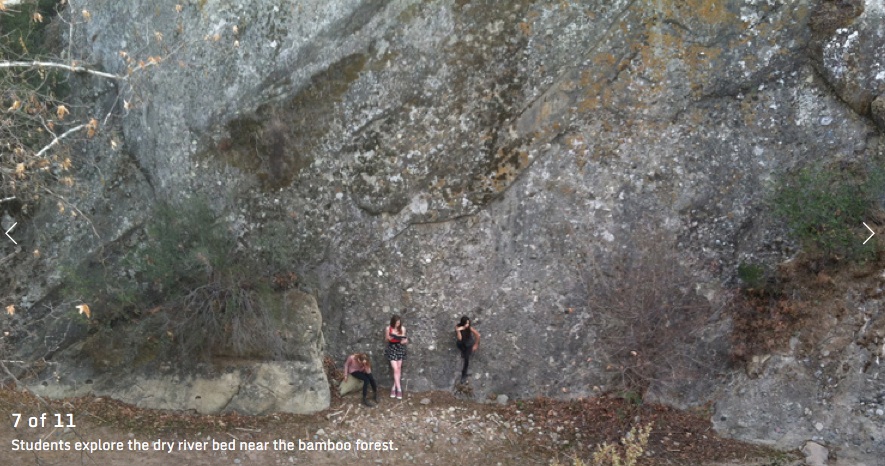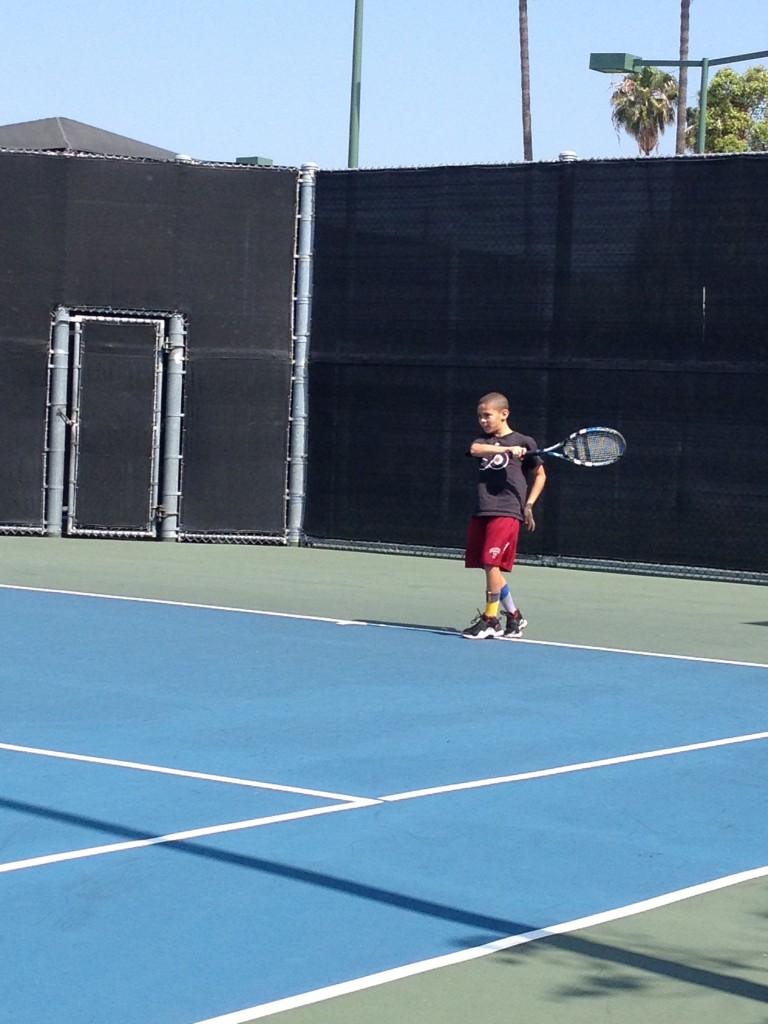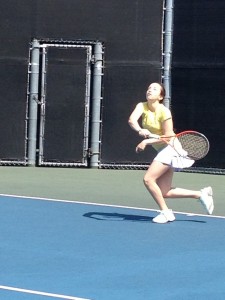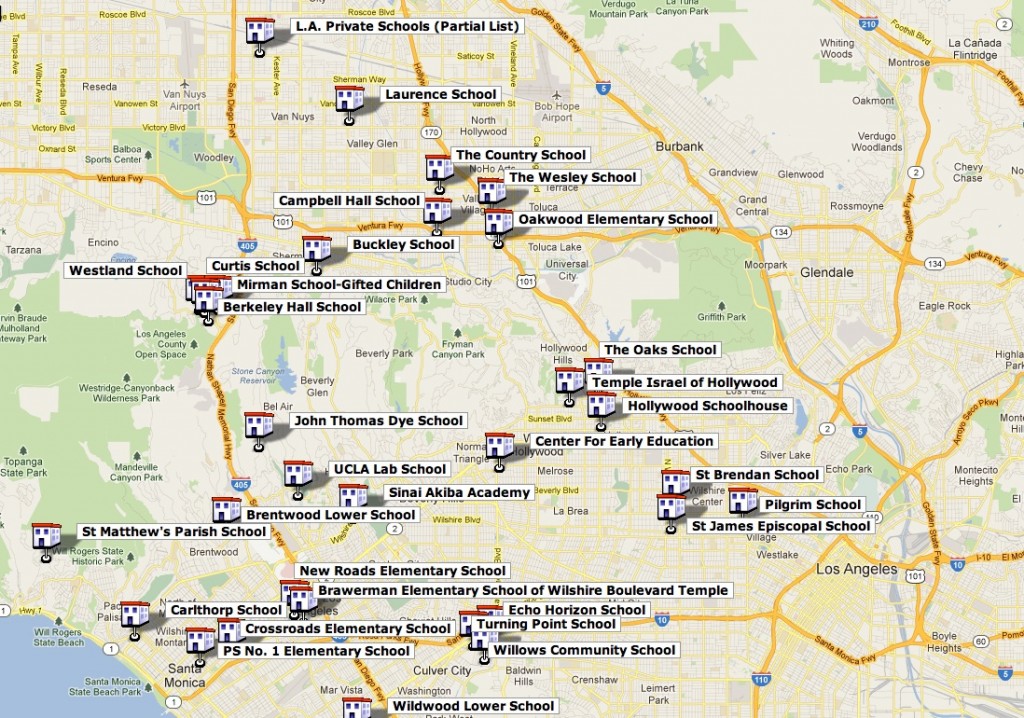If you’ve read this blog for awhile, you know I think the culture of a school really matters. For me, it’s not just an aside or something to wonder about casually. Unfortunately, I learned the hard way that school culture matters in ways big and small, in ways you won’t even think about until you’re living it with your kids day in and day out, until you’re absolutely miserable or incredibly grateful for it.
A school’s culture is a reflection of it’s values and that starts at the top with the head of school and the board. The admissions director also plays a big role since they are the ones making decisions about who gets in. A school’s culture, I’ve learned, doesn’t happen by accident. Creating a warm and wonderful culture takes effort and hard work by everyone involved, especially the school leadership. A toxic, cliquey, dismissive school culture isn’t accidental either. It can be the result of many factors like a lack of acceptance of “outsiders” or a head of school who cultivates friendships with certain parents who set a haughty, elitist tone for the entire place.
You might also know that I think it can be difficult, or nearly impossible, to figure out the culture of a school before your kid becomes a student there. And even then, navigating the school’s culture can be confusing for many of us. So, as you move though the admissions process, a school’s culture might be one of the things you focus on if you care about being part of a school where you feel like your family belongs. However, as an outsider you might have to connect the dots to learn what even insiders have trouble defining.
It’s worth your time since you’ll be a parent a the school for many years. Being a parent at private school means volunteering, attending school events, interacting with administrators and teachers and finally, getting to know other parents and their kids. When any one of these aspects of the school’s culture isn’t going well for you, it can be hard to love the school, to be involved, to donate, to talk to the teachers. When a lot of these things aren’t working, it becomes impossible to remain at the school.
I’ve been very honest about my ups and downs finding a school culture that fit my family and our values. We were a family at The Willows for 7 years. It was never the right culture for our family. I tried to make it work. I volunteered, we donated very generously to annual giving and we tried to become part of the school community. Barry, my husband, gave it a shot too. Still, it didn’t fit us in the way I’d hoped a school with the word “community” in its name would. I felt like an outsider there from the first day. But, I ignored those feelings and decided my intuition was wrong. It was a good fit for my kids, I’d tell myself. The integrated curriculum is amazing. Yet no matter what I did it never felt right. There were the tangible, objective reasons why I in retrospect I feel it didn’t work. Then, there were those intangible, those subtle but oh so important reasons that ensured it would never be a school culture I’d embrace or that would embrace me. We’d come from Montessori Shir-Hashirim preschool where I felt like part of the community. I wasn’t friendly with everyone, but I had a small group of moms who I hung out with. My daughter had plenty of playdates. We’d meet at the park or at one of our houses and I knew I could call any of those moms and they’d be there like I would for them. I still have a good friend, an actress, from the preschool!
I’ll be more specific here. Every school has a hierarchy among the parents. At Willows, when we were there it was as follows:
1. Families from a certain Westside feeder preschool where The Willows head of school previously worked. There are some lovely families from that preschool, but they all knew each other and were not especially interested in getting to know our family.
2. Lots of creative families in the arts, music and entertainment industry. We aren’t any of these things, so not much in common with the parents in those fields. That isn’t always a barrier to community, but in this situation it seemed to be.
3. A board of directors that was mostly appointed because they were friends of the head of school or they had a specific agenda/reason for being on the board. It wasn’t a skills based board, but one based on personal relationships. The implications for that are important because in a small school, any conflict with a board member about an issue, ranging from bullying policy to volunteering, immediately puts you on the bad side of the head of school. Trust me on this one!
4. An environment one friend compared to the culture of a hollywood agency (her husband is an agent.) She says the agent culture is brazen, harsh, filled with yelling, firings and bad behavior. That was the same environment I encountered when I volunteered at The Willows. A small mistake or difference of opinion lead to me being yelled at by another parent volunteer! As I’ve mentioned before, when I was yelled at I screamed back. It was not my best moment(s). Then there’s the big F-You day. But, I kept trying to make it work. It never did. Imagine when one of my friends found out she was no longer chairing a desirable, coveted committee at the school when she read about the person who’d be replacing her in the school newsletter! There’s a nicer, more professional way to treat a parent volunteer.
5. A lack of interest in building community. Sure, Willows held events like get-togethers for each grade at a parent’s house or coffees at the head of school’s house. Those are obligatory at private schools. The real community lies with the people appointed to run the parent association or other committees. Are they inclusive and welcoming? Do they solicit input from the parents? When The Willows decided to try to encourage more parent involvement by holding a series of before school coffees at the Target near school, so few people showed up, the events were cancelled soon after. It felt like a commuter school, not the community school I wanted so badly. But it’s not surprising this happened when the head of school and her minions walked past me and other parents regularly without speaking. The first time I heard a dad complain that the head of school ignored him, I didn’t think it was true. Then I saw it happen to him. Then it happened to me many times and it was definitely true.

Now that we’ve been a Viewpoint family for 5 years, I can honestly say moving my kids to Viewpoint was a very wise decision. As soon as I saw the campus, I felt the culture was right for our family. It’s beautiful and spacious, not urban hipster or Westside snob–I’d had enough of that. Viewpoint’s culture seemed professional and gracious. And it is. The school is traditional with all the hallmarks of that educational philosophy. Parents say hello to other parents in the halls. This was new to me. At Willows, there were parents who, after 7 years in the same grade, never spoke to each other. At Viewpoint, I was pleasantly surprised when I sent an email to a mom who I didn’t know, she responded. I wasn’t used to that sort of politeness. But, most of all, I think the type of families at Viewpoint are more like my family and that helps us feel like we belong there. Barry works in management consulting and there are lots of parents at Viewpoint who are non-entertainment professionals. This made it easier for us to connect in a real way with both moms and dads. Best of all, our kids have friends who the kind of friends you hope your kids will find. It’s a school that values academic achievement and involvement in school. When my daughter left The Willows after 6th grade (against the wishes of the head of Willows), she wasn’t involved in a single school activity since the main activity there is theater. Now, in 11th grade, she’s a page editor for the school newspaper, in Model U.N., The Community Service Honor Society and several more activities. At Willows, a lot of parents’ near-obsession with having “cool” kids who played in a band or acted, dominated the culture. It’s almost non-existent at Viewpoint. Now, kids who want to be cool? Well, that’s to be expected anywhere.
School culture is nearly impossible to predict since you don’t know who will be in your kid’s class or their grade. But, there are things you can do to try to find the right place, where you feel welcome and valued.
Here are a few tips:
1. Ask around to find out what industries the parents at the school work in. Do they work? Are there common themes that keep emerging like lots of actors or tons of investment bankers? What about a particular neighborhood or part of town where a lot of the families live?
2. Go to school events like book fairs, basketball games and theater performances. These are very different than admissions events and give you a sense of the school in a way that formal admissions events can’t.
3. Ask yourself if you’re interested in the school because it has a big reputation and it’s “popular” or because you think it’s the right place for your child and your family.
4. Does the school talk about community during the admissions process? Does it seem genuine or like an afterthought? Ask the admissions director and tour guide to describe the school culture.
5. If you’re a nontraditional family in any way, will you be accepted at the school? Are there other single moms at the school? Mixed-race families? Divorced parents? Gay and lesbian families. Parents with adopted kids?
6. Do you think you’ll find “your people” there? We all need to be able to call another parent when something hard is happening with our kids and know that that friend will be discreet and offer support and good advice. That’s priceless.
I’ve said more than I planned but I have big feelings about this topic. Thanks for reading and I hope you find your people too. I’ll end on a happy note. I met one of my closest friends when our kids were in kindergarten at The Willows. So, it was worth the agony of an arrogant, entitled school culture that valued so many things I couldn’t offer–or didn’t want to offer.
Thanks for reading and I appreciate your support for Beyond The Brochure–Christina
Find Beyond The Brochure on Facebook!





